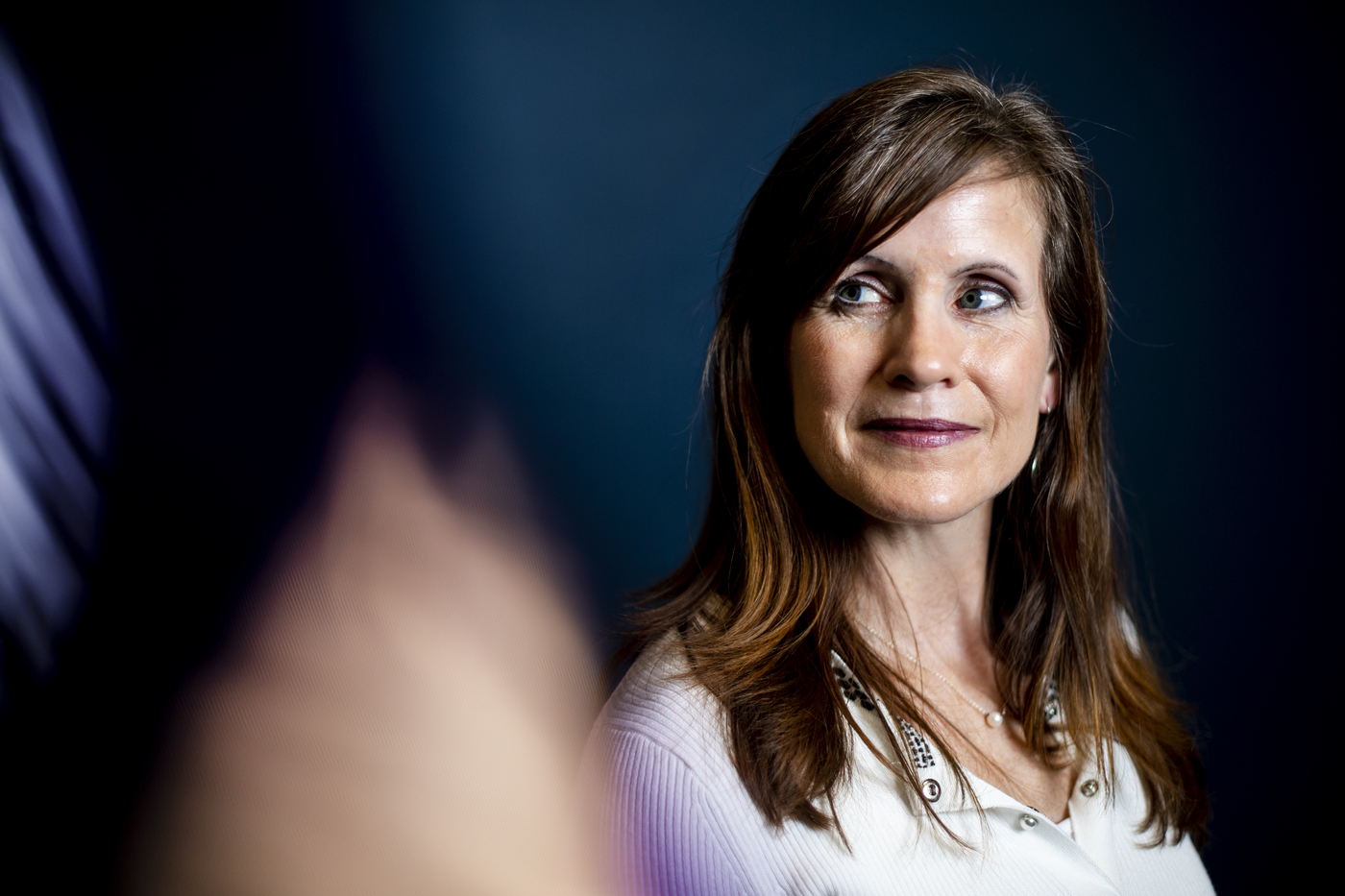‘As an experiential university, this is exactly what we do.’ Northeastern creates 135 summer jobs for high school students

Northeastern University is creating 135 summer jobs for students of high school age in Boston and Oakland, California, as part of a larger move to increase working and learning opportunities that were disrupted by the COVID-19 pandemic.
The university is creating 125 employment opportunities on the Boston campus for young people this summer in partnership with the City of Boston’s SuccessLink summer jobs program. Another 10 jobs will be available at Mills College at Northeastern—a program that may be extended in future years to other locations in Northeastern’s global campus network.
“There is an urgency to doing this work coming out of COVID,” says Alicia Sasser Modestino, an associate professor of public policy and urban affairs and economics, as well as research director for the Dukakis Center for Urban and Regional Policy at Northeastern. “There has been tremendous loss for young people in terms of learning, connection, well-being and mental health that we’re still seeing. The more that we can do to provide these young people with what they need to get back on track with their education and their careers, the better for their futures.”Employment in Boston will include work opportunities in university departments to support communications, administration and student services, as well as Northeastern’s Bridge to Calculus program, which empowers young people from underserved communities to succeed in advanced math classes.

Bridge to Calculus is part of the City of Boston’s Learn and Earn program, which includes opportunities for students to take courses while being paid. It was created in 2020 with Northeastern’s input to generate opportunities for young people during the COVID-19 pandemic, Modestino says.
Lynn Saunders, a city leader who helped design Learn and Earn, recently joined Northeastern to help implement the university’s summer jobs program as part of an effort to expand community-engaged research.
“This year, young people who participate in Bridge to Calculus will be paid to learn calculus,” Modestino says. “Among youth employed in the Boston summer jobs programs, our research has shown that half pay some kind of household bill—rent, utilities, groceries—which means they often have to choose between an educational opportunity and a job that helps their household. This year we’re able to provide them with the opportunity to prepare for AP Calculus this summer and get paid for it.”
The effort is part of an initiative by Boston Mayor Michelle Wu to invest an unprecedented $18.7 million in support of 7,000 youth jobs. Five thousand of those opportunities are being generated in partnership with community organizations and nonprofits, including Northeastern.
David Madigan, provost and senior vice president for academic affairs at Northeastern, is leading a consortium of colleges in the Greater Boston area that are following Northeastern in offering summer jobs on campus.
“Northeastern has always been recognized as the leader in summer jobs research,” says John Tobin, Northeastern’s vice president of city and community engagement. “This catapults us into a new dimension while encouraging other colleges and universities in Boston to follow suit.”
Modestino has led Northeastern’s partnership with Boston’s summer jobs programs since 2014. Her research has found that participants graduate from high school and enroll in college at higher rates than their peers, largely because exposing them to new career paths raises their academic aspirations.
They become more engaged in their community while learning to resolve conflicts with peers and developing other soft skills that are linked to a reduction in criminal justice involvement. Their work habits improve—as do their resumes, along with the answers they give at interviews and other job-readiness skills that lead to higher employment and wage rates in the year following their summer jobs.
“The research evidence is clear: Having a summer job through the SuccessLink program produces transformative positive impacts for youth both during the summer and beyond,” Modestino says.
The benefits for young people transcend the paycheck they take home, Tobin says.
“For the kids it’s observational, learning about office etiquette and all of those things that they don’t necessarily teach you in school,” Tobin says. “You’re learning in real life. It’s almost a mini model of our co-op program.”
Modestino’s work as a senior economist at the Federal Reserve Bank of Boston from 2005 to 2014 informed her appreciation for summer employment among young people, especially in underserved communities. Its significance has been borne out by her research at Northeastern over the past decade.
“This summer we have an opportunity to provide meaningful employment experiences for these young people. After the past three years, they deserve to have the chance to develop skills and explore a career pathway,” Modestino says. “As an experiential university, this is exactly what we do.”
Ian Thomsen is a Northeastern Global News reporter. Email him at i.thomsen@northeastern.edu. Follow him on Twitter @IanatNU.






